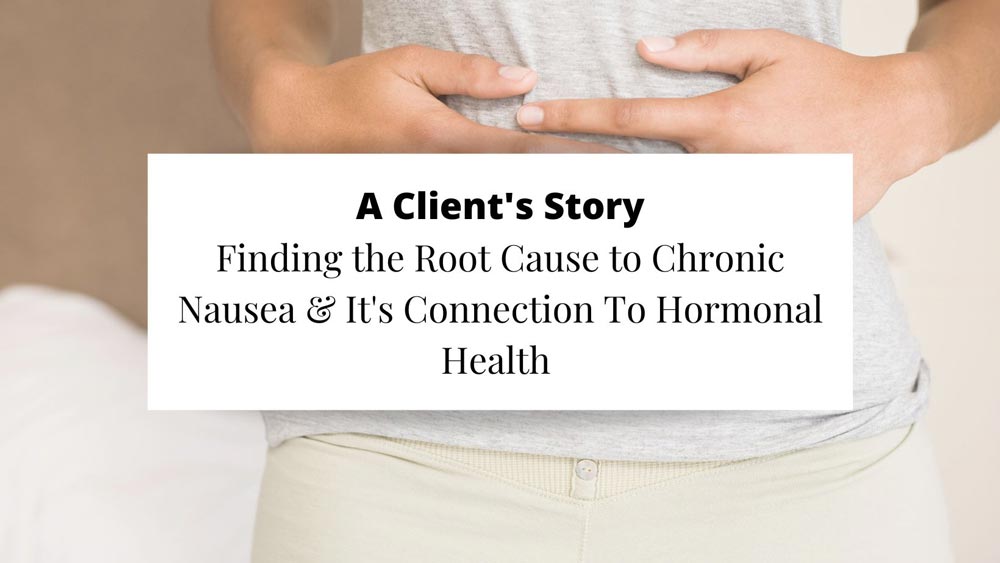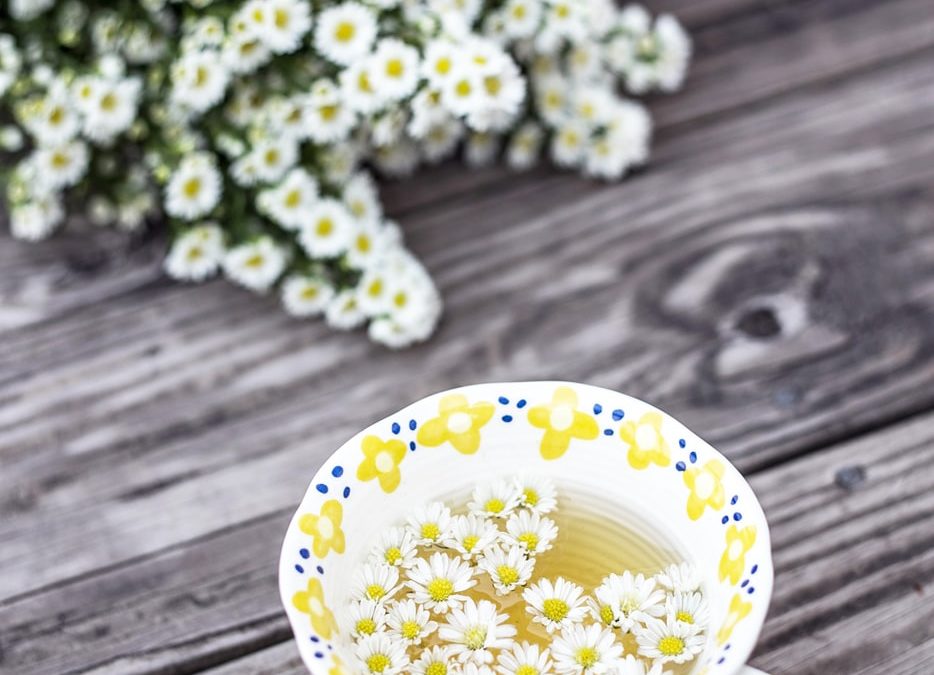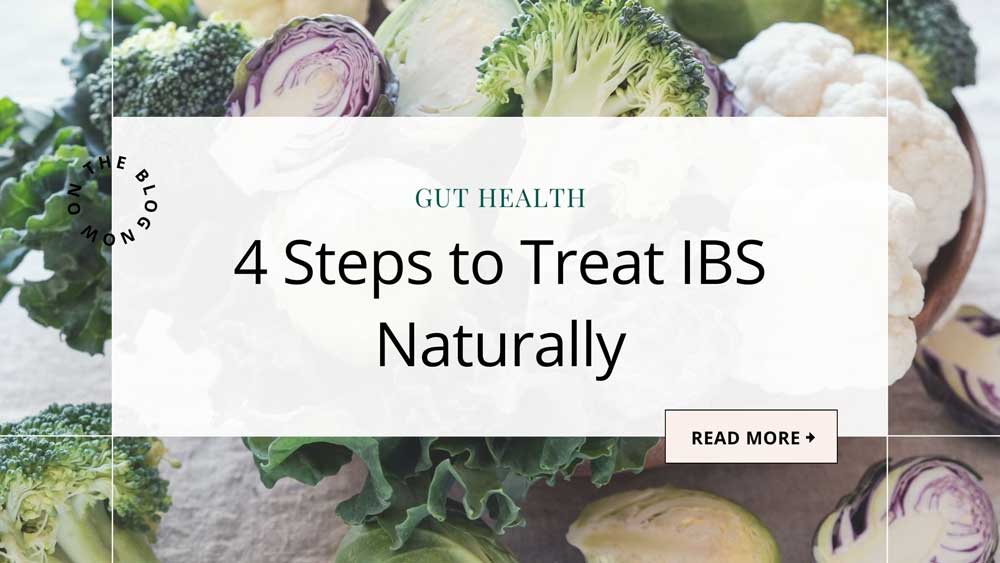It can be incredibly disheartening when you hear your doctor tell you to simply live with the symptoms of Irritable Bowel Syndrome (IBS).
In fact, for many individuals, this can be one of the most frustrating and discouraging experiences they face while trying to manage their condition.
As a seasoned Naturopath with 15 years of experience, I can confidently say that the notion of “just living with” Irritable Bowel Syndrome (IBS) is a fallacy. In fact, with the right treatment approach, IBS can be effectively managed and, in some cases, even resolved by addressing its underlying causes.
So, if you’re struggling with IBS, don’t lose hope – there are natural treatment options available that can help you achieve lasting relief and improve your overall well-being.
A Case Study of Katie* with Irritable Bowel Syndrome for 20+ years.
Katie came to me after seeing countless doctors, dietitians and other Naturopaths with no long term solution to her irritable bowel syndrome.
In fact she’d been living with it for more than 20 years. At 49 years old the symptoms were only getting worse, along with a dwindling list of foods she could tolerate. The amount of fruit and vegetables she could tolerate we could fit on both of our hands!
She would experience severe bloating 2 hours after eating most meals, along with stabbing pain in her descending colon. Sometimes she’d even have bouts of nausea and vomiting.
The gas was extremely embarrassing which just put her on edge in social settings, stopping her from enjoying much of what was on the menu.
Her bowels were also loose most of the time, and she would experience intermittent reflux.
To help Katie, I simply aimed to locate the underlying cause of her digestive problems. I referred her for a Complete Microbiome Map to gain a deeper insight into the health of her gastrointestinal lining and the bacterial populations that were living there.
What the test results indicated:
- Blastocystis hominis (parasitic infection)
- Dientamoeba fragilis (parasitic infection)
- Low secretory IgA (poor gut immunity which is often driven by high stress or parasite infections)
- Overgrowth of gram negative bacteria Klebsiella
- Calprotectin was on the high end of the referance range but with in range
- Overall low diversity and evenness of beneficial bacterial species (due to her restrictive diet)
How I helped Katie Treat her IBS Naturally
It was really important that we started to support Katie’s gastrointestinal mucosa with herbs and nutrients to aid repair, and bring the calprotectin right down.
This would help to reduce the visceral sensitivity that she was feeling in her colon (stabbing pain).
Alongside this I recommended that she start the day with food instead of two morning coffees.
Caffeine and coffee bean can be a gastric irritant, exacerbating digestive pain and looser bowel motions. It also would exacerbate her stress response which would contribute to her poor gut immunity. She happily swapped to a dandelion coffee which she enjoyed the taste of very muchly!
I also recommended an anti-inflammatory diet, with a focus on foods that she could tolerate and wouldn’t exacerbate her excess gas or bloating. This diet is similar to what I set out in the 21-day gut reset.
Lastly I recommended a very specific probiotic called Saccharmoyces Boulardii which has been shown to treat parasitic infections effectively (1).
I also recommended this alongside a herbal anti-microbial that contained berberine containing herbs such as Phellodendron and Coptis. The active constituent berberine found in Phellodendron and Coptis have been shown to treat parasite infections, and the gram negative bacteria Klebsiella. (2)
Treatment outcomes of Katie with IBS
After four weeks of treatment Katie was already feeling so much better. Her bloating had reduced significantly, so much in fact that we could actually start to introduce a wider variety of foods (particularly more fruits and vegetables she had previously reacted to like citrus and green beans).
At the second appointment I started introducing a prebiotic powder called Partially Hydrolysed Guar Gum (PHGG) which is one of the most tolerated prebiotic powders available. It’s been clinically trialled to reduce bloating but also will help to feed the beneficial bacteria in Katie’s colon as we work on broadening her diet further. (3)
We continued with anti-microbial herbs for 3 months in total, followed by restoration of the microbiome by broadening her diet and using probiotic and prebiotic supplementation.
By the 6 month mark, Katie no longer experiences excess bloating, reflux, vomiting or loose bowel motions and would say she is ‘cured’ from IBS.
Four Simple Steps to Treating IBS Naturally
- Identify your food triggers to bloating, excess gas, constipation or diarrhoea. Research has shown that certain foods, such as high FODMAP foods, gluten, lactose, caffeine, and alcohol can exacerbate IBS (4). Keeping a food diary can help you connect your diet with your symptoms and become your own detective. To help you on your IBS journey, I have designed a comprehensive food elimination diet combining 50+ recipes and meal plans to help you feel better in three weeks. It’s called the 21-day gut reset.
- Get tested: If you’ve been experiencing IBS like symptoms for years, I would highly recommend getting further investigations done. Depending on where your symptoms are located, you may benefit from a SIBO breath test (especially if your symptoms started after gastro or food poisoning) or a Complete Microbiome Map to determine the root cause of your symptoms.
- Remove overgrowth of bad bacteria, candida, or parasite infections (only do so if you’ve been tested): Using anti-microbial, anti-fungal herbs or anti-parasitic herbs such as Phellodendron, Coptis, Horopito and Pomegranate can make a huge difference on your IBS symptoms particularly gas and bloating. By reducing the overgrowth of these species, it can help to reduce the fermentation that occurs improving digestive discomfort.
- Boost the diversity of bacteria in your with prebiotic powders: Prebiotic powders like Partially Hydrolysed Guar Gum (PHGG), is highly tolerated compared to other prebiotic powders such as inulin or FOS. PHGG can promote the growth of beneficial bacteria and enhance the health of your colon. Additionally, you can consider taking probiotic strains like Saccharomyces Boulardii, which can help combat bad bacterial overgrowth, reduce candida species, and boost gut immunity.
Conclusion
In conclusion, Irritable Bowel Syndrome (IBS) is a manageable condition, and in some cases, it can be resolved. With the right treatment approach, the underlying causes of IBS can be addressed naturally.
If you are struggling with IBS, don’t lose hope; natural treatment options are available that can help you achieve lasting relief and improve your overall well-being.
*the name of the client used in this case study has been altered to preserve confidentiality
Blog Posts You May Like

Get Your Fibre Fix: The Key to Hormone Health and Happy Guts
Are you struggling with hormonal imbalances or digestive issues? Believe it or not, the solution could be as simple as adding more fibre to your diet. Fibre is a type of carbohydrate found in plant foods that not only supports gut health but also plays a crucial role...

A Clients Story – Finding the Root Cause to Chronic Nausea & It’s Connection To Hormonal Health
"My health journey began in 2002 after contracting gastro from my partner at the time. After being violently ill for about 10 hours it took about 5 days before I could eat again and before I felt "ok" again. I never truly felt like myself or "normal" after that. The...

How to Avoid a Bloated Stomach After Eating
An occasional bloated stomach after eating is normal in a high percentage of the population. Knowing it's common does not make bloating after eating any more comfortable. Bloating can be especially frustrating if you're eating out socially, or finding that your bloat...


